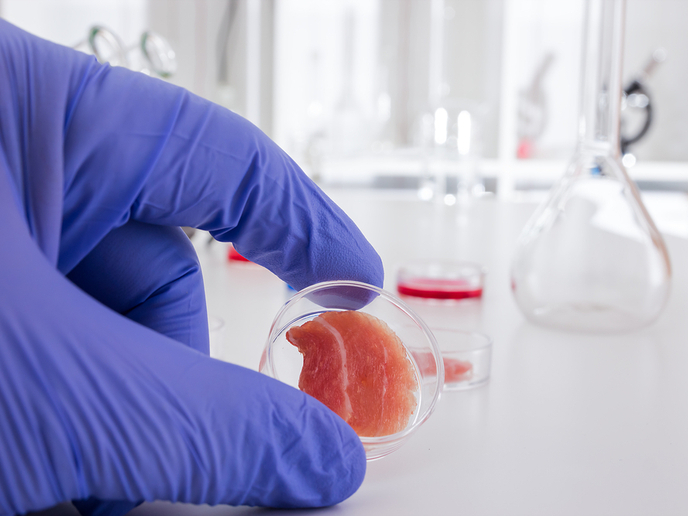Genetic support for the European forestry industry
The EU's SEP project was aimed at propagating plants of known value with improved characteristics. The project concentrated on Pinus sylvestris and Pinus pinaster, two of the most financially important pine species in the industry. High-level propagation coupled with identical genetic makeup for all the offspring, could be achieved by somatic embryogenesis techniques. Somatic embryogenesis involves the use of genetic material from somatic cells from a single source, rather than two. The method is best suited for the 'genetic protection' of elite plant species and their long-term survival. SEP researchers developed somatic embryogenic cell lines for both pine species and were successful in cryoperseving those for long periods of time. The techniques used could ensure great number of plants in a short time and thus increase productivity for the European forestry industry. Further optimisation is needed to reduce associated costs and to ensure the success of ex vitro establishment stage. The ex vitro stage involves the transfer of the newly germinated plant to greenhouse conditions for further growth. Somatic embryo plants are already marketed in North America and European markets could follow adding further commercial potential to this result. Apart from the commercial benefits of these methods, the developed protocols add scientific insight to the field of plant embryology and could be of particular interest to scientists of varied biological disciplines.







